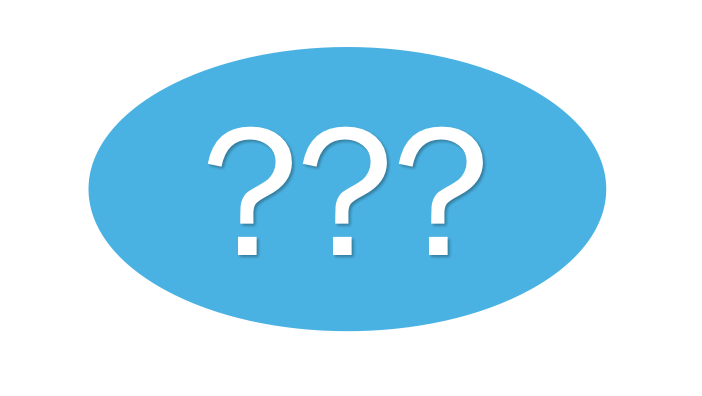After Uncorked’s 10th anniversary column, I received lots of feedback. Many of you asked what were the most frequent questions from readers.
Here are some of the most often asked questions. I’ll address more common questions in future columns.
What does it mean to leave wine “to breathe”?
To be clear, this process is simply removing the cork before serving. “To breathe” is not the same as decanting, which helps remove sediment, or aerating, which introduces oxygen to the wine, both of which can positively affect a wine. Letting a wine breathe by simply removing a cork and leaving the bottle on the table for an hour or two doesn’t improve, change and really affect your wine in any way. The surface to air contact is minuscule and doesn’t allow much “breathing” for your wine.
Why do certain wines increase in value after buying?
Sadly, another misunderstood concept with wine is it will all improve with age and become more expensive. A very small percentage of wines in the world is intended to age or improve with time. Most are “fine wines” where the wineries strategically intend the wine to “age” from bud break to bottling. With these wines, there is usually a very limited amount produced each year. As consumers buy and consume, it’s a general economics rule of supply and demand. Supply is hard to find and demand seeks it out.
Are sulfites in wine bad? And are sulfites to blame for my headache?
Sulfites are naturally present in many things we consume (a byproduct of fermentation) but are also added in production. Sulfites are added to almost all wines in order to protect against oxidation and bacteria spoilage. The common misconception is they are only in U.S. wines.
Most wines, regardless of where they are made, will contain sulfites. But the amount of added sulfites allowed and how they are labeled varies depending on the local governing requirements. The main exceptions are certified organic wines, which cannot contain added sulfites. As far as headaches, new research suggests it isn’t the sulfites in that heavy red Bordeaux causing your headache, but the tannin that is the culprit.
How long will a wine last once I open the bottle?
The short answer: not very long. Think of an open bottle of wine as you would a cut apple. If you cut an apple and leave it on a plate uncovered, it will turn brown. Sometimes quickly, other times it takes longer. This browning is the result of oxidation. Oxidation is wine’s worst enemy.
As soon as the cork is pulled the battle begins. There are ways to slow the process but unless you are using expensive, high-tech gadgets, time is your enemy. As I always say, I am not the wine police, but I can detect when a wine has been opened for a couple of days and quickly determine if it has lost its freshness. Using inexpensive suction devices or putting it in the refrigerator will help, but it is best to drink or use the wine as soon after opening as possible. As you can imagine, there are very few leftover wines in my home.
